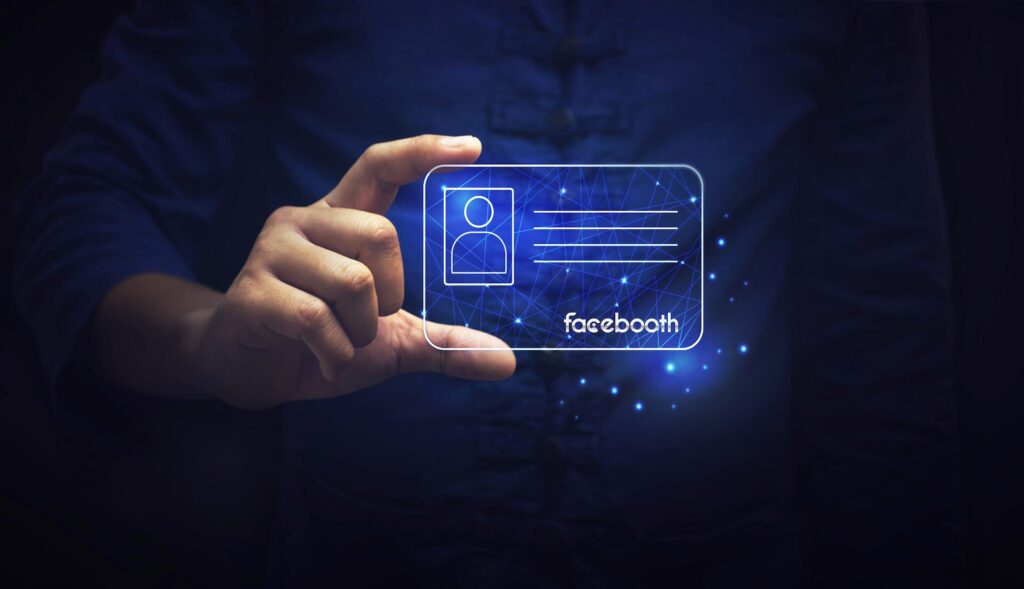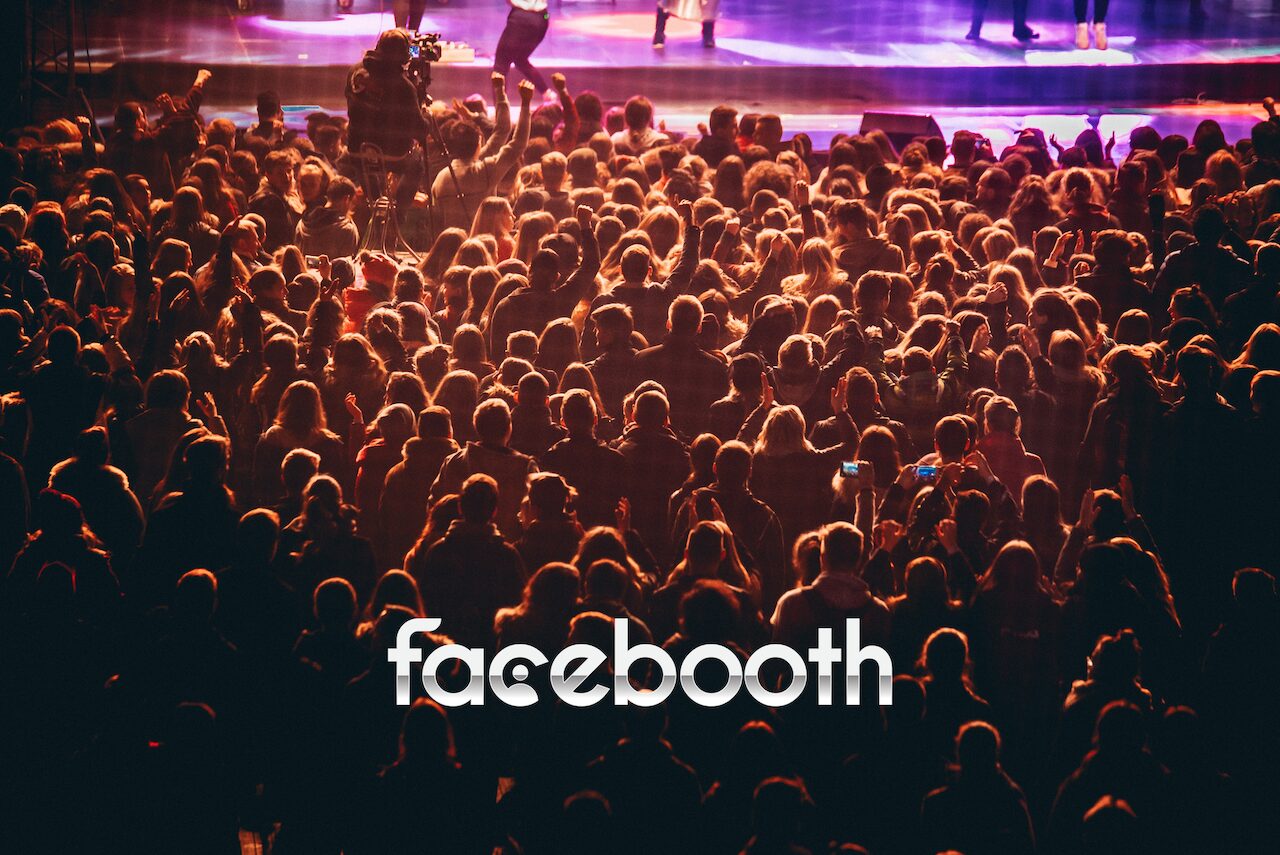How Lizzard in the Shoes is Betting on Biometric Security to Replace Passwords

The Password Paradox
For years, governments and companies have relied on passwords as the backbone of digital identity. In Chile, the Clave Única system has become the default way for citizens to log in to government portals, sign documents, and authenticate themselves online.
But there’s a problem: passwords can be shared.
That means any system that relies on Clave Única is inherently insecure. If you hand over your password — willingly or under pressure — someone else can act entirely on your behalf. They can access sensitive data, sign official documents, or even impersonate you in critical legal or financial transactions. The system doesn’t know the difference.
This is where Facebooth, the digital identity platform backed by Lizzard in the Shoes’ Innovation Department, enters the story.

The Bet: From Passwords to Presence
Lizzard in the Shoes has made a bold bet on Facebooth (www.facebooth.xyz), a company redefining how digital identity works. Instead of relying on strings of characters that can be copied or stolen, Facebooth uses what makes you uniquely you: your face.
With biometric facial authentication, every login, every signature, every digital action becomes tied to your physical presence. No more passwords to share, forget, or leak. No more risk of impersonation.
Case Study: Clave Única vs. Facebooth
Scenario 1: The Old Way
- A citizen needs to sign an online legal document using Clave Única.
- They share their password with a friend or family member to “help” complete the process.
- That person now has full access to the citizen’s account and can sign or request services without control.
- The government platform has no way to know it wasn’t the real person.
Risk: Identity theft, fraud, unauthorized transactions.
Scenario 2: The Facebooth Way
- The same citizen needs to sign the same online document.
- Instead of typing a password, they simply present their face through Facebooth’s authentication interface.
- The system checks for liveness detection (to prevent deepfakes or photos), verifies the biometric signature, and confirms the person in real-time.
- The document is signed — this time, not by “someone with a password,” but by the verified individual themselves.
Result: True authentication, non-transferable, non-replicable.

Why This Changes Everything
For governments, Facebooth offers real identity assurance that Clave Única and similar systems cannot.
For companies, it means compliance-ready, fraud-resistant logins and signatures for contracts, banking, and high-value transactions.
For individuals, it’s the peace of mind of knowing that nobody — not even someone with your password — can act in your name.
The Bigger Picture
Facebooth is more than a secure login tool. It’s part of a larger shift in digital security, where identity is not about what you know (a password), but about who you are.
By investing early in Facebooth, Lizzard in the Shoes is betting on a world where digital identity is no longer a vulnerability, but a source of empowerment.
This isn’t just about replacing Clave Única in Chile. It’s about setting a global standard.
Closing Thought
The digital economy is only as strong as the identities that power it. Passwords have failed us for decades. With Facebooth, we may finally have the tool to secure not just our logins, but our futures.
Or, as one Lizzard in the Shoes executive put it:
“A password can be shared. A face cannot.”

